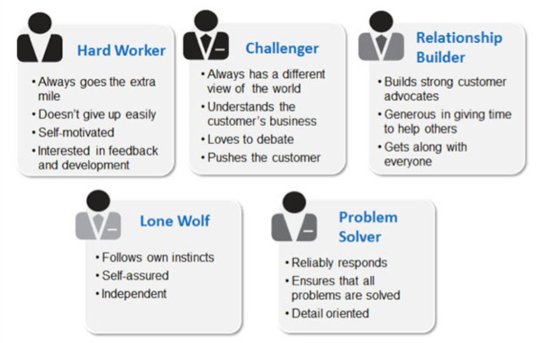Challenger sale methodology is about challenging customer’s belief

There is nothing new about the debate on sales methodology and what’s right for your company, however there has been an uptake in the belief (somewhat blind) that disruptive technology startups need to adopt Challenger Sales methodology.
The argument in favor of the Challenger Sales methodology goes like this. The Foo Company is a disruptive startup. It’s product and solutions are challenging the status quo and presenting a disruptive alternative for their customer. The sales team need to challenge customer assumptions and therefore need to adopt Challenger Sales methodology.
There is a basic flaw in this argument. This assumes that all sales situations are the same. In fact in reality, selling is very individualistic and varies customer to customer. Here are some examples of a situation in which applying Challenger Sales will be counter productive.
Lets say that you are selling NoSQL database to a customer who is building a new application. If you take the challenger approach, you will end up spending most of the selling time in proving why a relational database will not work for the customer and reframing it to a bigger issues like failure of product or company goals while the right approach in this situation is to take a consultative sales approach and figure out what are the application goals and requirements of the database and then showing how your product fits those requirements. The customer in this case will be left wanting to know more and in absence of the information will probably look elsewhere.
Also, Challenger sales is about challenging the mindset or the default thinking. If you are in a new space where the customer might not have awareness of alternative solutions then there is no assumption and therefore nothing to challenge.
In summary, consultative selling, solution selling or the challenger selling, the modern enterprise sales team have to have all the tools in their kitty and be ready to use the right one based on the specific customer scenario. A lot of times sales leadership wants to simplify the enablement process and adopt one methodology so as to improve productivity of their sales team but instead they end up reducing effectiveness and trustworthiness of their enterprise sales team.